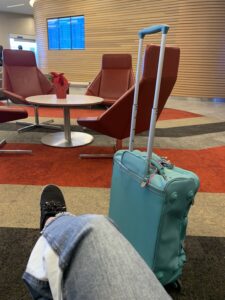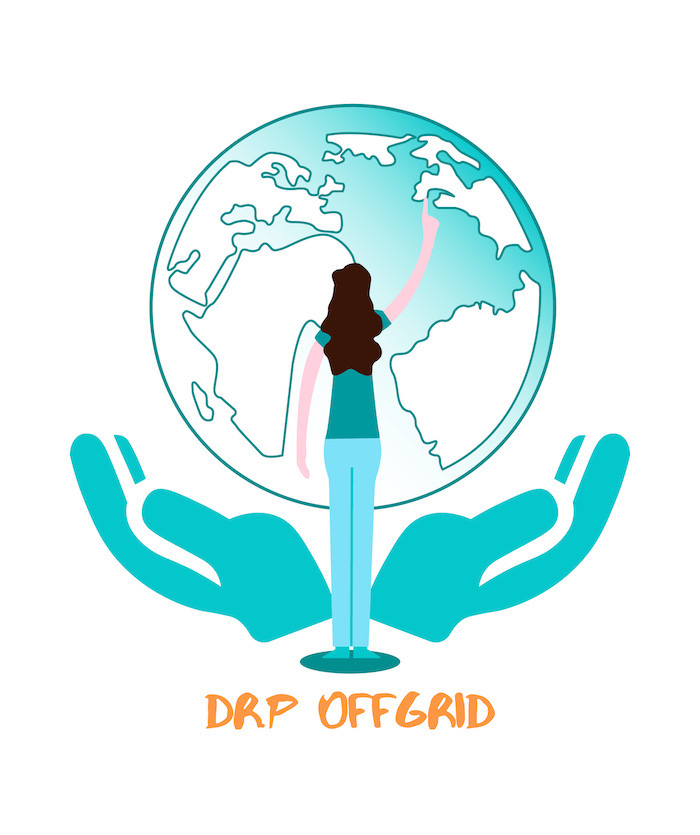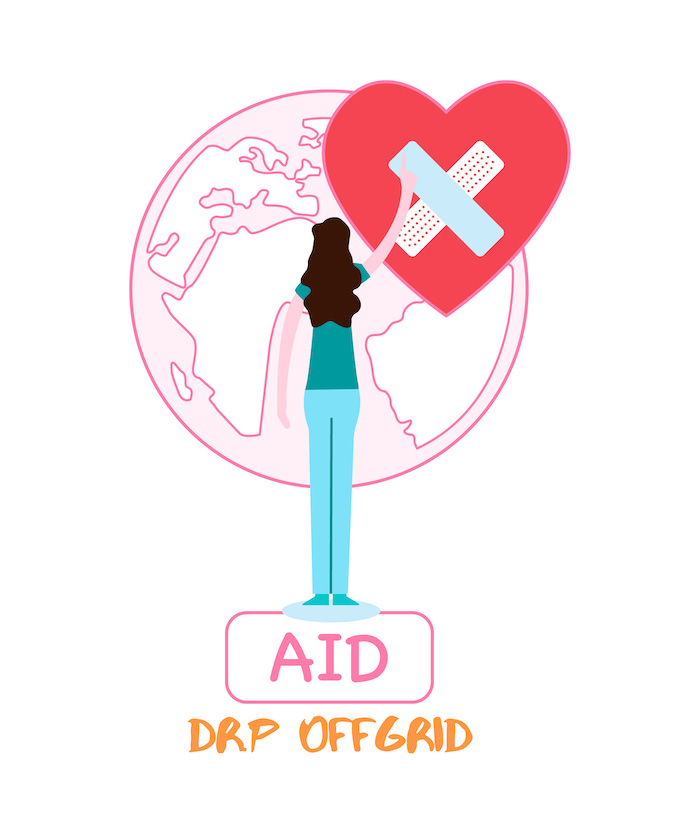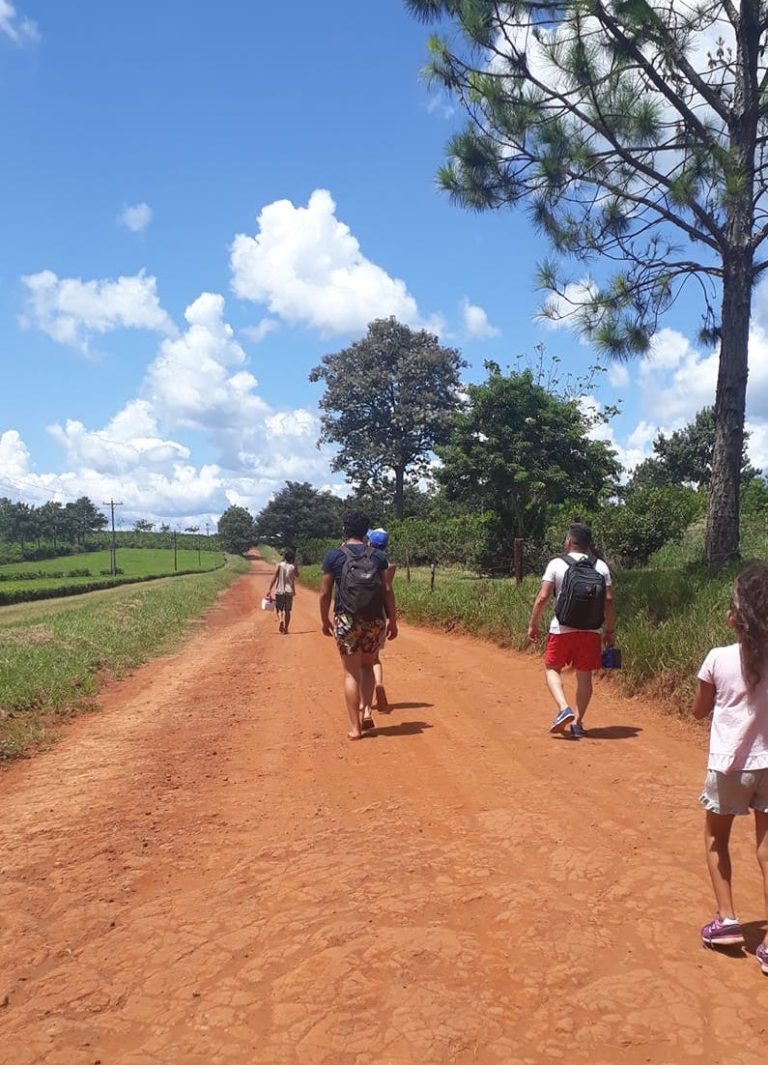
Solo Travel Defined
Traveling solo is a unique experience where an individual travels alone, without any companions. Traveling with a boyfriend, husband, children, friend, etc., does not qualify as unaccompanied, and therefore, it is not considered solo.
When we travel to a destination, we must concentrate on the present, on what is available, and learn to navigate through that new environment. Being in the moment means focusing on what is tangible and what we personally encounter (the trendy term is mindfulness).
Here are some of the many reasons why we have been traveling solo
1- Discovery
Searching and finding something new not only breaks the monotony but might bring important ideas and concepts to someone’s life. Tackling the unknown can bring about hidden potentials. Finding a new place, new hobbies, new environment, new experiences, new people, new likes, and other elements that identify with yourself is where your discovery starts. This newness is what brings new life and feels like new beginnings that refresh everyday life.
2- Take a break
Tired of the same routine? 8-5 job? Taking care of the home, the yard, doing the same things on weekends, seeing the same people? Research tells us that breaks are important to restore our well-being. Well, for sure traveling solo will break that routine because you are alone and none of those outside “variables” will play any part in your experience. Traveling solo is the best way to disconnect!

3- Visit a favorite type of destination
It could be a city, countryside, desert, beach, summer, fall, desert, ocean, etc. Not everybody is fortunate enough to live all year round in a favorite type of place. Traveling to a favorite location is a way to pamper ourselves and assert what we love. No matter the type of destination you love, you just go for it, variety of choices is what the world is all about. What’s your favorite type of destination nowadays?
4-Stay Away
Some people have to stay away from situations that can be physically and psychologically harmful. We have all heard stories of people having to run away from abusive relationships, bad economies, war, and various degrees of distressing circumstances.
5- Adventure

Adventure in our lifetime is definitely not limited to young adults wanting to hang off a cliff or wearing a tiny bikini on a zipline. Adventure truly means bringing excitement into one’s life by doing something “risky” (without really knowing the circumstances) which is totally ageless. Whatever adventure means to a person depends on preferences and what stage of life one is in but it can happen at any time in your lifetime!! Is adventure going on a cruise at 95 years old? yes, you bet! It is also buying a ticket to an undisclosed destination, going to a nude beach, or riding a bike on the red square in Beijing. The unpredictability of the result is the excitement itself.
6- Rite of Passage
Rites of passage are major events, usually turning points in someone’s life. A rite of passage rarely leaves us in the same “state” because it creates a transition in someone’s life. Marriage, death, divorce, birth, and graduation are all examples of rites of passage where one transitions from an isolated phase to a communal one. Some people travel during these milestone moments of their personal story to reflect and contemplate what is next. Some consider travel a rite of passage; however, there is enough evidence that it is not always the case.

7- Meet New People
This is one of the fun parts of traveling: meeting new people. Research validates that we are hard-wired to meet new, like-minded people with whom we could connect long-term. Nowadays, it is easy to meet locals if you use apps and enjoy partying. If that is not the case, as it is for me, meeting people can happen in many places, such as while taking a tour, at a store, at a restaurant, doing volunteer work, and/or taking a class. It just takes someone to say “hello, where are you from?” only if you are in the mood. Another more current way of meeting people is to search online (yep, here we go) and see if there is a local group meeting that you can join at your current location.
8– Healing
There are times in someone’s life when social, economic, or other types of distress take a big toll on our emotional health. At this juncture, we might judge ourselves and others through the hurt. Travel is a way to set our minds for healing and wellbeing. A series of studies validate a degree of physical and psychological benefits of travel, with psychological detachment providing evidence of more satisfaction. The type of travel to do for healing is a very personal one; some people go to visit sacred places, healing sanctuaries, meditation retreats, you name it. Others need to reconnect with themselves through their unique space of trust.
Traveling solo is a chance to start anew. It helps us flow without walls again, and that is where we can restart our power. We deserve to be where we feel physical and emotional peace and well-being. This is the best medicine to help ease the pain. So take a deep breath to recompose; nothing lasts forever! HEALING SANCTUARIES
9- Scout new place to live

People travel to find a place to relocate or to move temporarily. Retirement or being a digital nomad might be some of the reasons why people travel to scout a new place to live. Moving to another country can be an intense experience, and visiting the new location helps us understand if it is a feasible decision or not, easing the relocation stress at any level. Reconciling rules, regulations, and ways of living at our comfort level is key in choosing a new location. In an ever-growing fickle world, moving temporarily does not seem to be too much of a challenge. However, moving permanently requires much more preparation, where scouting the new location is a must.
10- Learn a new culture
This is my “numero uno” and worth exploring when you go abroad: learning. I have researched how people learn about a new culture abroad as the topic of my doctoral dissertation and continued research. Sadly, my findings have been that traveling to a new country does not imply someone learns about a new culture just by being in a place. Needless to say, it does not make someone global. True learning of a new culture is an acquired skill that goes beyond framing a culture. Research besides mine backs it up! We all meet folks who have been to “x” country, and it is truly little they know about the place they visited. Learning a new culture broadens your horizons like any other experience, but it takes work that does not involve relaxation and taking selfies.
11- Learn a new skill
This is another fun part of traveling solo and definitely one of my faves; learning. Learning a language, snorkeling, diving, cooking, painting with local artists, birdwatching, gardening, whatever is adding a new skill adds fun and a spark into one’s life. Learning a new skill activates the feel-good chemical dopamine; a stress reliever that increases attention and motivates creativity. What a plus!!!
12- Challenge yourself

We know that traveling solo is not for everyone and, for some, it is not an easy task to embark on. However, traveling solo can make a person step out of their comfort zone, which can turn into a learning experience. Traveling solo pushes us to uncover hidden talents that can boost our confidence. Are you shy and/or introverted? Well, you might learn to eat alone with ease, talk to strangers at a pace that is comfortable for you, and even decide to do a walking tour by yourself. Whatever we do on our own teaches us to rely less on others, to learn to solve our own issues, and to be alert when needed. I can do this!!
13- Can finally do it
Life gets busy with different responsibilities for most of us. While for some people, traveling solo is a way to escape from the “have to’s,” for others, it is just something they have been postponing. At times, we can’t travel because of schooling, family, the spouse getting upset, pets, money, health – you name it. When all of these “nuances” cool down or you find a gap to get away, just do it because the time being right might be a landmark in your life. In the end, we regret more the things we did not try than the ones we did, and this is one of them.
14- Stand Alone

Independent individuals want to pursue their own interests and do not wish to spend their alone time coordinating activities with others. Although I appreciate social interactions, as an independent person, I can strongly identify with the desire to structure my day according to my own preferences. Traveling alone provides us with an opportunity to distance ourselves from the usual distractions and reflect on our true selves and personal preferences. This self-awareness enhances our understanding of ourselves and solidifies our identity. By selecting the level of comfort and discomfort and altering the pace and destinations of our travels, we cultivate a sense of self-sufficiency.
15- The DRD4-7R Gene
Some folks enjoy experiencing the unknown and the unfamiliar to a great extent, along with the learning experience it may bring. Research indicates that there is a genetic inclination towards having this curious wanderlust spirit, specifically the uncommon DRD4-7R gene! Nomadic lifestyle is therefore a part of heredity, and I am glad to confirm that it comes from my father. Validating my genetic pool is truly satisfying!
16- Return Travel
Returning to a location to explore on your own is a very common reason for traveling. When we travel with companions we must negotiate some of our dos and likes, leaving sometimes things pending that we could have liked to do and see. It is rewarding to return to a location and to check that spot you wish you could have visited and taken that mosaic class you wanted to do so badly. Now, returning solo you have the chance!

17- No one Available
Many times someone wants to travel and asks around if anyone would be interested and available. If finding someone is not possible, some people just don’t do it while others take the plunge. Remember that most people in the world do not have the chance to think and choose to take a trip. In the end, we regret more the things we did not try than the ones we did, and this is one of them.
18- Relaxation
What a nice one! And one that we all love! But even the phrase “to relax” means different things for different people. Some relax the most in off-grid places, away from the noise and technology. My lifestyle does not align with most people I know, so relaxation is subjective. For others, it might mean having a drink by the beach, playing bingo, or sleeping. All in all, research tells us that we must learn to relax in order to live a physically and mentally healthier life.
19- Health
Psychological and mental health are big issues, especially after the pandemic and ruthless wars around the world. Reasons to travel for health can vary, from serious medical conditions like cancer diagnosis to medical tourism for cosmetic surgery (which is more common than most people realize). The cliché phrase “health is number one” is undeniably true, and research supports it. Some scientific studies suggest that people who travel have lower chances of experiencing a heart attack and lower levels of stress compared to those who don’t travel (this also applies to solo travel). So, when you hear that travel is stressful, it’s best to rely on facts from experts rather than “opinionologists” – the world is full of them!
20- Got the Funds
Traveling solo, for the most part, is much more expensive than traveling with someone else. Not sharing rooms, transportation, a meal, a canoeing trip and not being able to get those 2×1 deals is a sure hike up in price. However, if you have the funds to treat yourself, you don’t have to negotiate to do things you might not want and spend those funds for yourself. Money sometimes does buy happiness;-0 YAY! You got it!!

As an older adult, I have experienced real solo travel where maps were essential and scheduling calls a necessity. Nowadays, technology allows people the level of comfort preferred to navigate the degree of “soloness” (my made-up word). Regardless of how solo you allow yourself to be technology is not always an easy fix; research has shown that technology causes a higher level of loneliness. YIKES!
Remember that you are always there with your best friend; yourself!!




